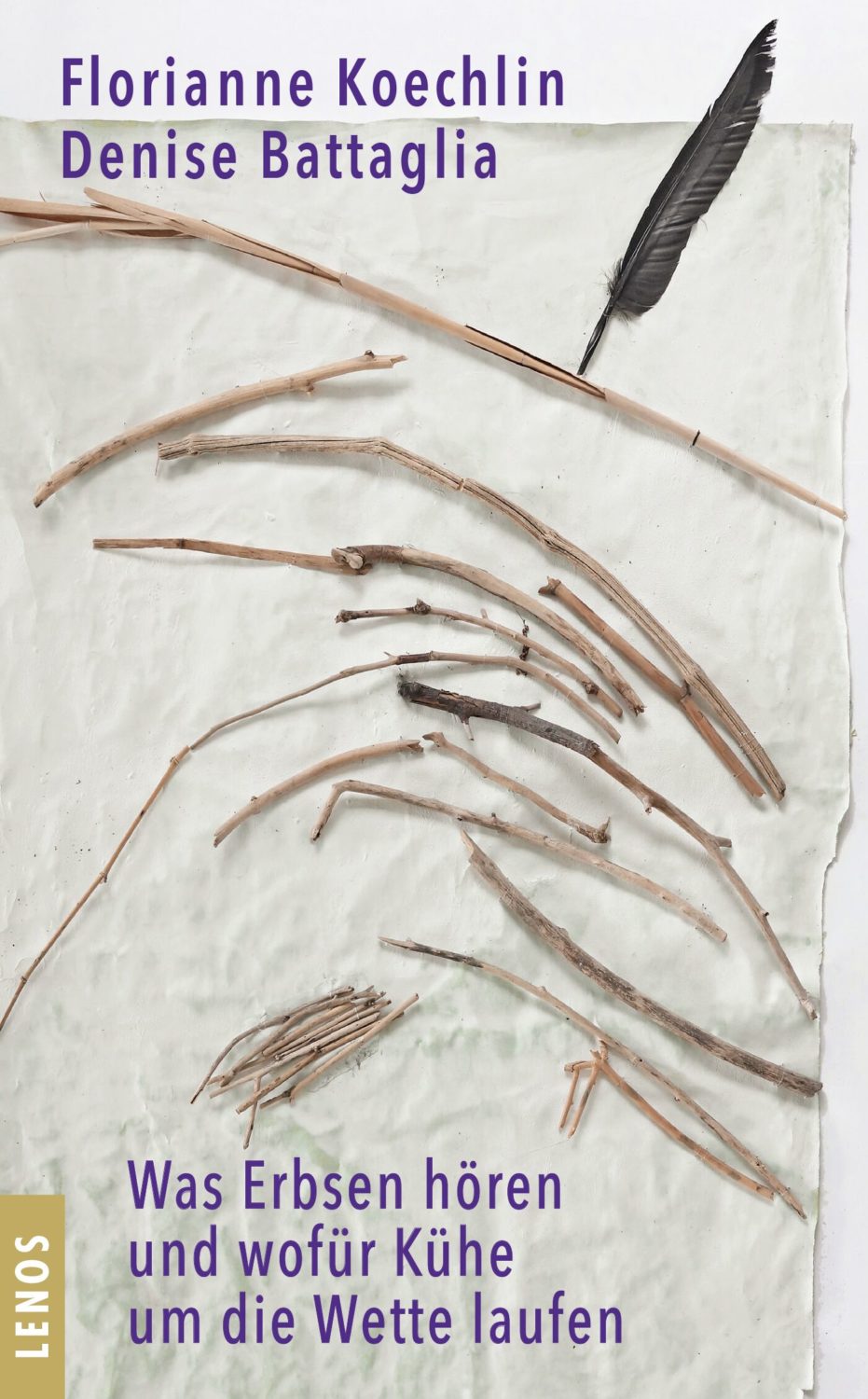review
What Peas Hear and Why Cows Love a Contest puts the natural world under the microscope, examining animals and plants from new and unexpected angles.
Florianne Koechlin and Denise Battaglia’s book is a thoroughly stimulating read, presenting complex ecological issues in a clear and accessible way. Its themes are highly topical, tapping into increasingly mainstream trends in environmental thinking, including the interconnectedness of the living planet and the need to preserve the ecosystems on which human life depends. The book follows in the tradition of successful programmes such as ‘Blue Planet’ and ‘Nature Watch’, giving popular science an environmental slant, and its earlier chapters, which discuss the natural defences of trees, evoke Peter Wohlleben’s successful book, The Hidden Life of Trees.
The book is divided into fourteen well-defined chapters, each covering a different area of research or debate. Each features easy-to-follow interviews with scientists working at universities across the world. In the first chapter the authors interview Monica Gagliano about her research on the growing habits of peas. Gagliano has demonstrated that the roots of peas will grow towards the ‘sound’ of running water, which sheds light on the common phenomenon of tree roots causing damage to water pipes. Her research suggests that the solution could be to create sound-proof pipes to throw off the sensitive roots which, just like the peas, can sense the vibrations caused by the running water.
The authors also interview Florian Leiber, who has been researching Alpine cows and has discovered that the animals have an innate ability to seek out a diverse range of clover and grasses, ensuring an almost tailor-made supply of nutrients at any given time. The chapter discusses the implications of this discovery for industrial farming, where cows are fed with the same standard mix of soya and grains every day. Here and throughout the book, Koechlin and Battaglia raise questions as to how the engineering of systems for profit and human convenience is at odds with the natural world and its ability to thrive.
What Peas Hear and Why Cows Love a Contest is aimed at a mainstream readership and Koechlin and Battaglia have succeeded in producing a text which is as accessible as it is engrossing. Their choice of interviewees is broad and in no way restricted to the German-speaking world, which adds to its international appeal. The book is impressive in its ability to bring together popular science, ecological issues, ethics and philosophy for the general reader.



All recommendations from Autumn 2019